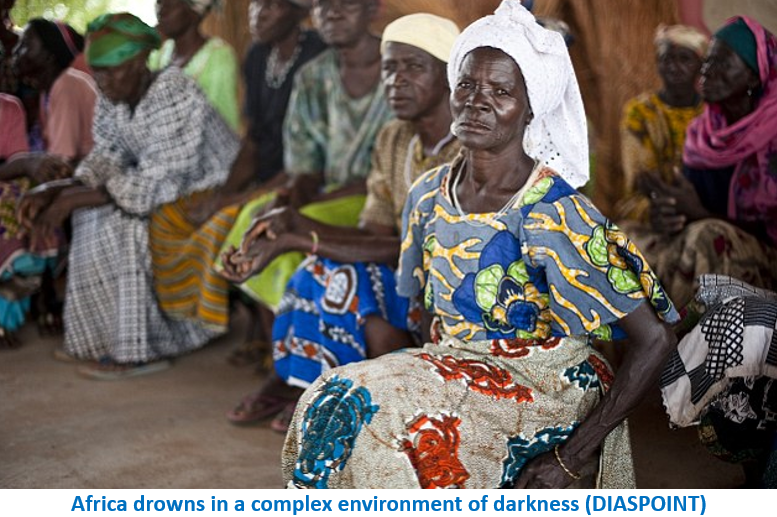All you need to know about Ghana’s witchcraft bill
Post By Diaspoint | November 30, 2023

The goal of the bill is to address the persecution of people accused of witchcraft
In July this year, the Parliament of Ghana voted to make it a crime to accuse a person of witchcraft. If the president signs the bill into law, it will also force the closure of camps where hundreds of accused witches live in exile.
The new bill was suggested after a 90-year-old woman was lynched in Kafaba in the East Gonja Municipality of the Savannah Region in July 2020, drawing condemnation from local and international rights groups.
The social canker of witchcraft allegations is so destructive that it tears families apart, endangers social cohesion, creates orphans needlessly, and forces vulnerable women away from their homes, loved ones, children, and grandchildren.
The bill seeks to criminalise the practice of declaring, accusing, naming, or labelling people as witches. Making such an accusation would lead to a prison sentence.
There are at least six witch camps in Ghana, housing a total of approximately 1,000 women. The camps are located in Bonyasi, Gambaga, Gnani, Kpatinga, Kukuo, and Naabuli, all in northern Ghana.
Some of the camps are thought to have been created over 100 years ago.
In July 2020, a 90-year-old woman, Akua Denteh, was lynched in her community at Kafaba in the Savana region following witchcraft allegations.
The bill was put forward as an amendment to the Criminal Offences Act, 1960 (Act 29) and was sponsored by a number of Members of Parliament.
The private member’s bill, championed by the Member of Parliament for Madina, Francis Xavier Sosu, seeks to deter assaults on alleged witches and bar individuals from practicing as witch doctors or witchfinders.
President Nana Addo Dankwa Akufo-Addo will have to approve the bill for it to take effect as law.
Read More from original source
